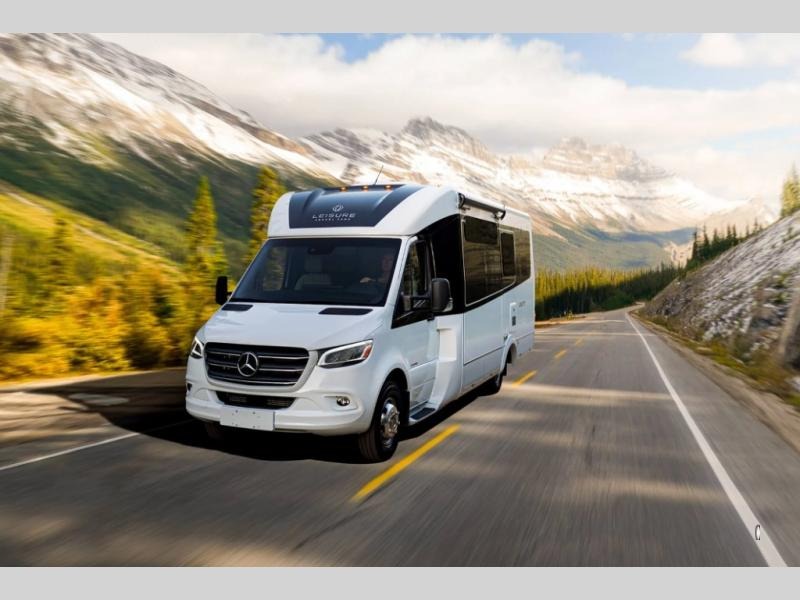20 Boondocking Tips from the Pros
Ah, the joys of boondocking! For full-time and part-time RVers, this free camping (sometimes called dry camping) option can be an adventure or a hassle, depending on how prepared you are before heading out into the wilds for any length of time. To make it a bit easier, we have a few tips for anyone getting ready to try RV camping without hook-ups.
1. Invest in an Updated Guide
Invest each year in an updated guide to boondocking locations. These will give you current information on boondocking locations, costs (if there are any), and the rules at each location.
2. Take Advantage of Natural Surroundings
Take advantage of the natural surroundings when you park. In hot climates, be sure you park your RV with the side with the most windows facing the shady side. In cold climates, park with windows facing the sunlight to take advantage of the warmth of the sun. If you’re boondocking in a hot climate, keep the window shades or blinds drawn to keep the interior or your RV cooler.
3. Prepare Food Items Beforehand
Prepare food items for meals before you head into the boonies. While still at a campground with hook-ups and water, wash your fruits and veggies and prepackage ingredients for meals in zip-lock bags. You can freeze some items or simply make up no-cook meals like salads and have them ready to eat.
4. Cook Outdoors
Cook out. A barbecue over an open fire or a hibachi means you won’t need a generator and you’ll be outdoors, which is one of the beautiful benefits of boondocking.
5. Be Less Finicky About Showers
Be a bit less finicky about showers. Try keeping them to every-other-day and make them quick and efficient. If you put a bucket in the shower, it will catch some of the water you’re using, and you can use it to flush the toilet, saving gray water usage.
6. Save Water with Paper Plates
You can save a surprising amount of water if you eat off paper plates and wash your hands with hand sanitizer or baby wipes.
7. Minimize Electricity Use
Avoid using electricity when your generator isn’t on (and minimize using your generator unless you absolutely have to use it).
8. Protect Against Prowling Animals
When boondocking, the potential for prowling animals is always there. Don’t leave trash or food outside. Anything that could attract a wild animal should be securely closed and kept inside your RV or in a storage compartment.
9. Consider Solar Panels
Consider investing in solar panels that you can use instead of your generator. They are relatively easy to set up and you can align them in any direction in order to take full advantage of the sun.
10. Swap Out Incandescent Lights
If you’ll be boondocking frequently, swap out your incandescent lights for LEDs, which use about 1/5 the power, giving you much longer battery life.
11. Use a Portable Propane Heater
For cool nights, a portable propane heater will use less energy than your camper’s system.
12. Invest in Low-Flow Faucets
Invest in low-flow faucets and shower heads, which can help you conserve up to 50% of your water usage on showering, washing and cooking.
13. Boost Your Cell Signal
Invest in a cell system booster if you’ll need phone or internet access.
14. Follow Proper Boondocking Etiquette
Be aware of the proper etiquette when boondocking. If another RV is in the area, don’t park next to them. They are there to get away from it all, including you.
15. Be Considerate with Generator Use
Do NOT use your generator at hours that will bother others. They may not want to rise at dawn, and they may be sleeping at 10:00 at night. If any other campers are using solar panels, it may be because they don’t want to hear generators, so stay clear.
16. Optimize Laptop Battery Use
When using your laptop, let it run on its own battery power, then charge the battery when you aren’t using it. This uses far fewer amp-hours of power.
17. Use a French Press for Coffee
If you’re addicted to coffee, invest in a French Press. You’ll have to boil the water, but it uses much less energy than a coffee maker.
18. Carry Extra Water
Carry extra water in jugs so that you can refill your fresh water tank easily. For two people, figure on needing about 8 gallons a day (this is being conservative but not extreme in conserving water).
19. Use Bottled Water for Drinking
Take bottled water for drinking so you can save your fresh water tank and the extra jugs for bathing and cooking.
20. Be Prepared for Emergencies
Be prepared for all emergencies. You may be out of cell phone range, so make sure you have a good first aid kit with splints, pain medications, etc. You should also have roadside flares, spare tires, and other driving emergency tools. Bring along a water purifier, a shovel and any other items you could need in an emergency until you can contact someone or find a park ranger.
As you become more experienced at boondocking, you’ll no doubt discover your own ways to improve the dry camping experience. You can also learn a lot by talking to others with boondocking experience. Keeping an open mind and being willing to stretch your definition of comfort are two of the best ways to experience the joys of boondocking.


